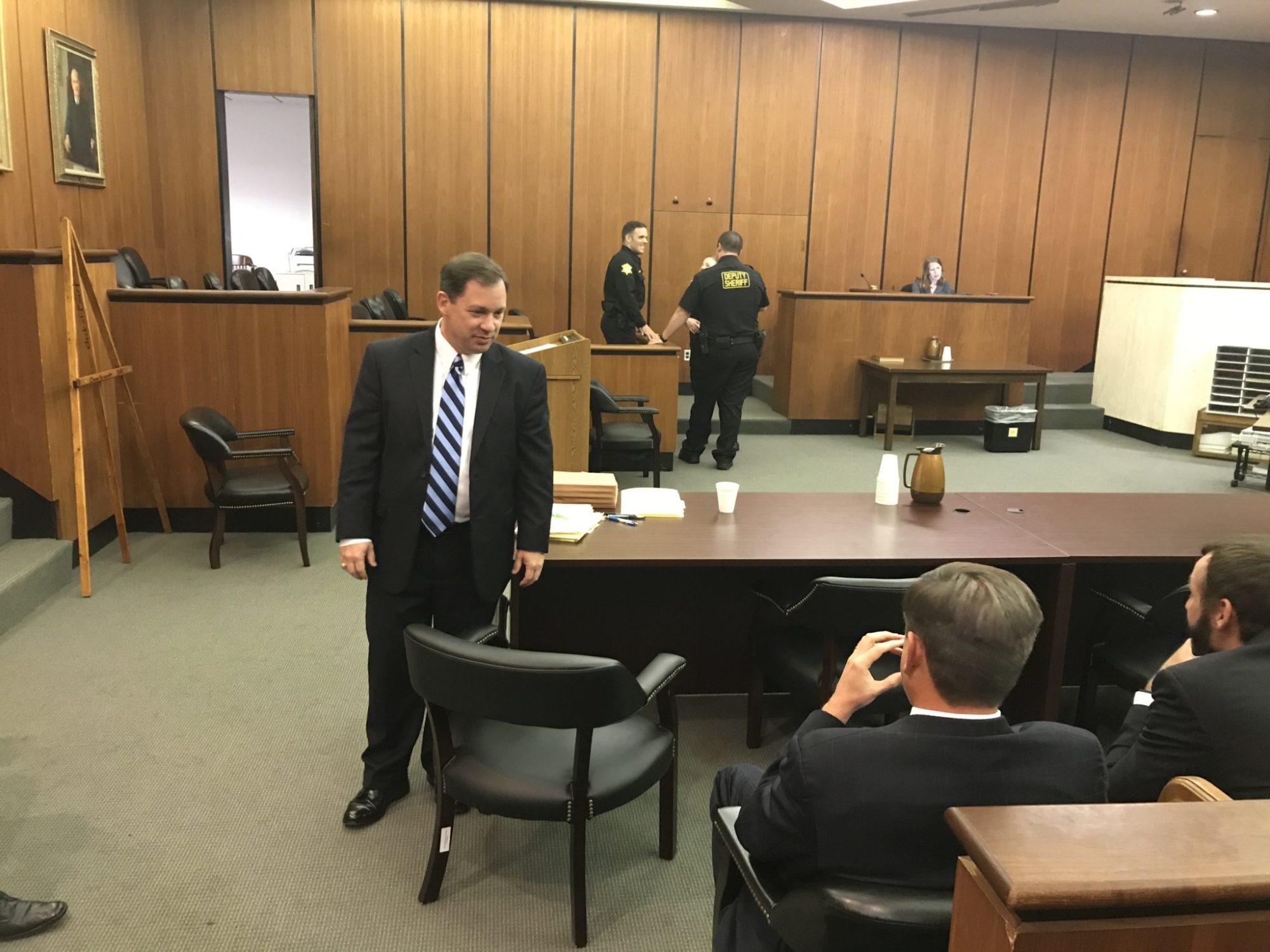#ProbeGate: “Quinndom” Goes After David Pascoe
PROBE UNDER FIRE … South Carolina circuit court judge Knox McMahon heard a motion to disqualiYou must Subscribe or log in to read the rest of this content.
PROBE UNDER FIRE …
South Carolina circuit court judge Knox McMahon heard a motion to disquali
